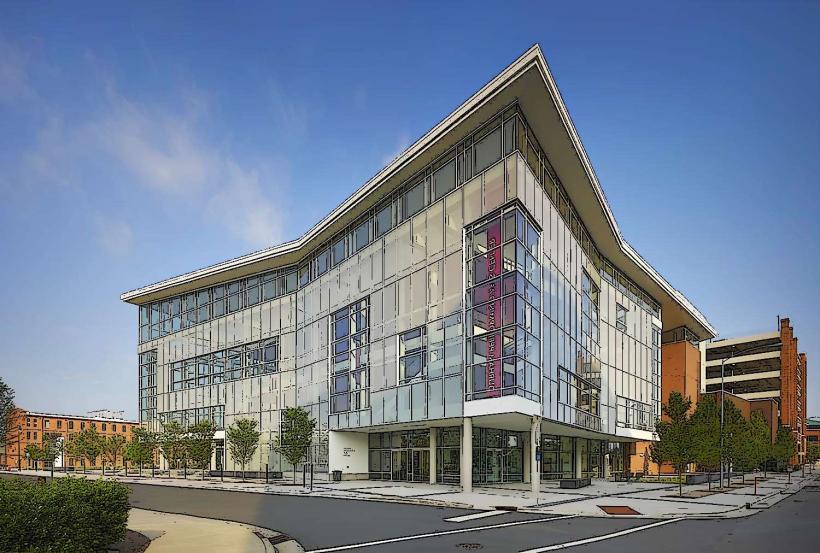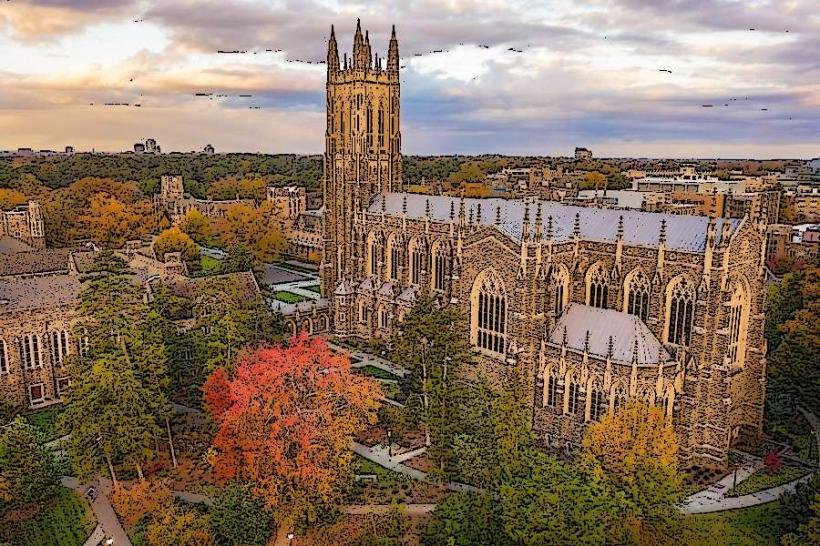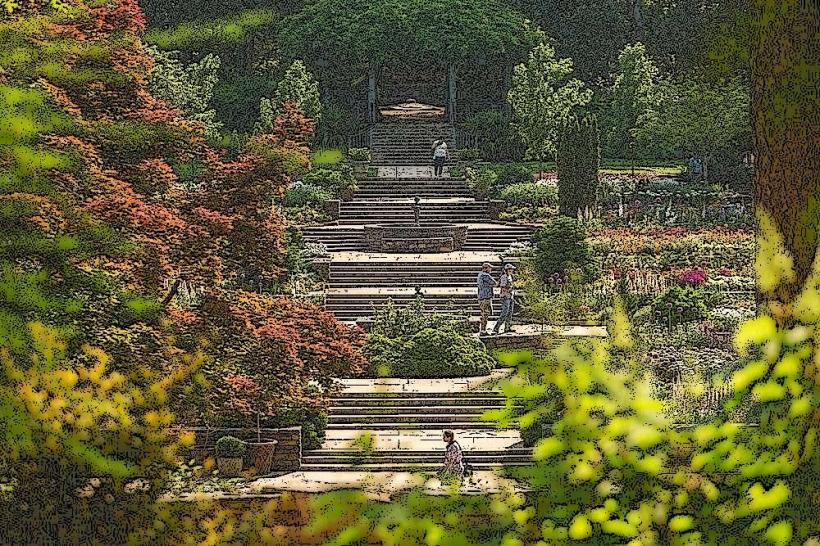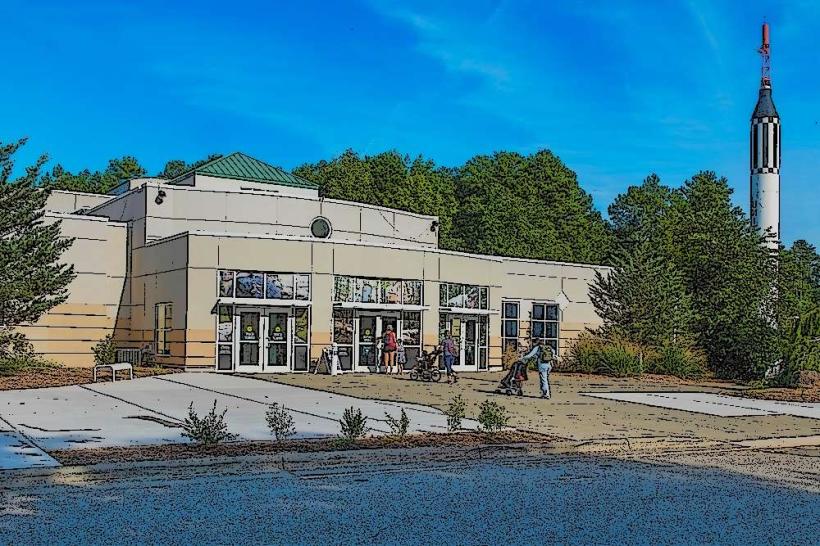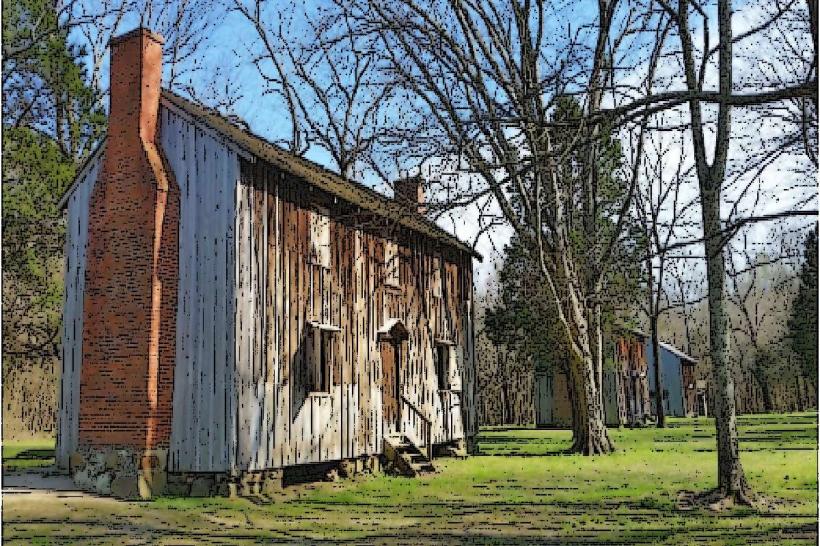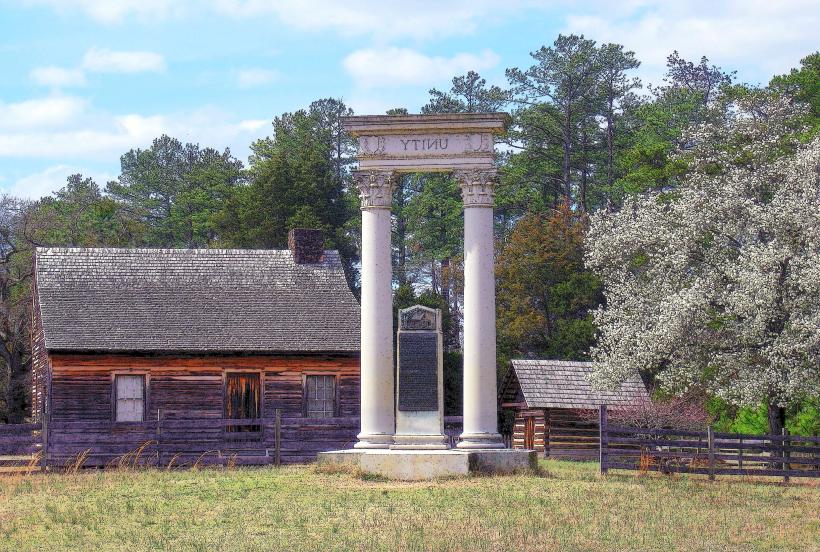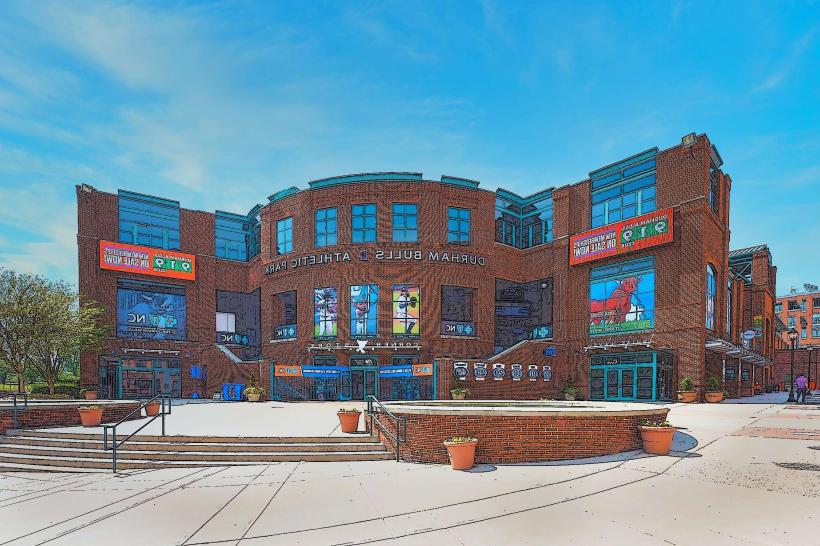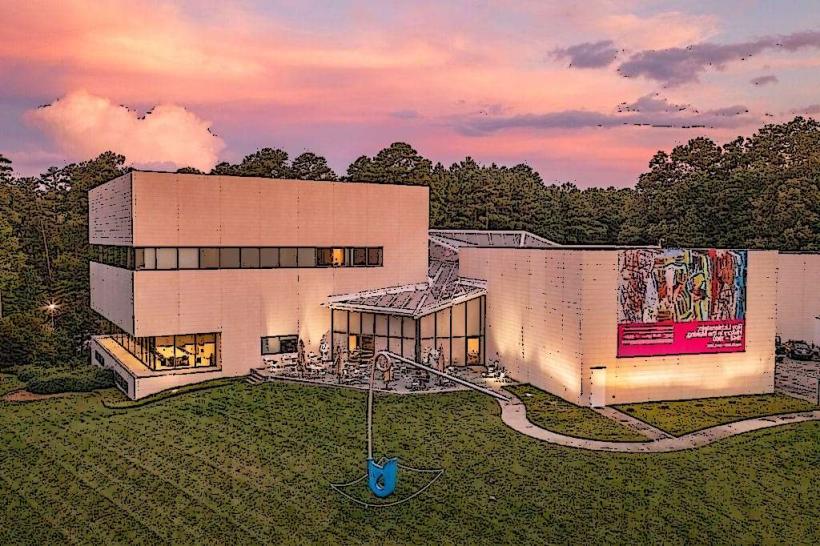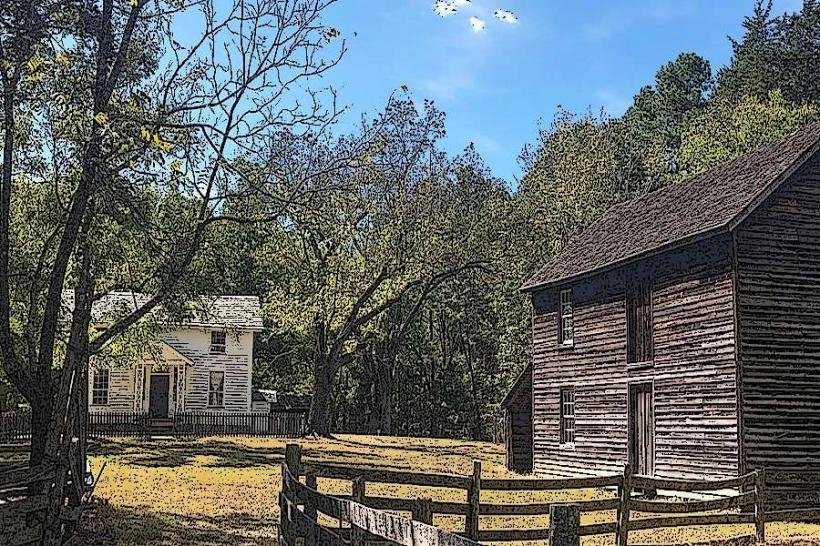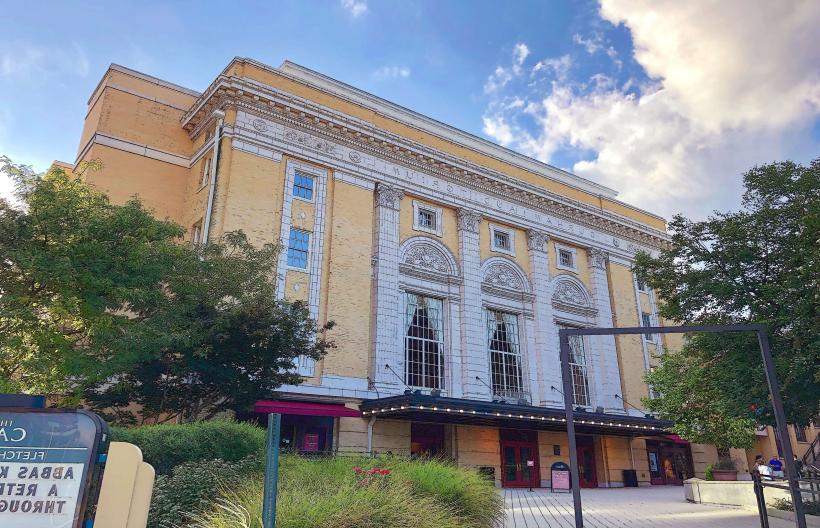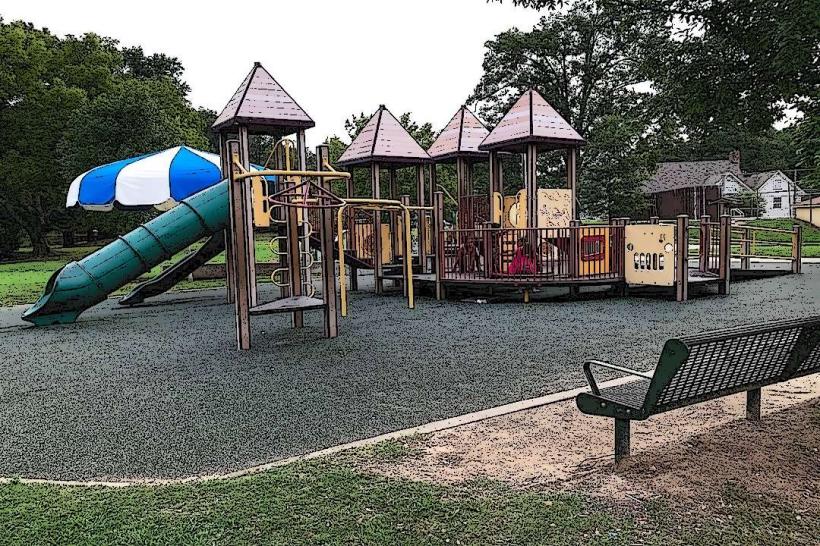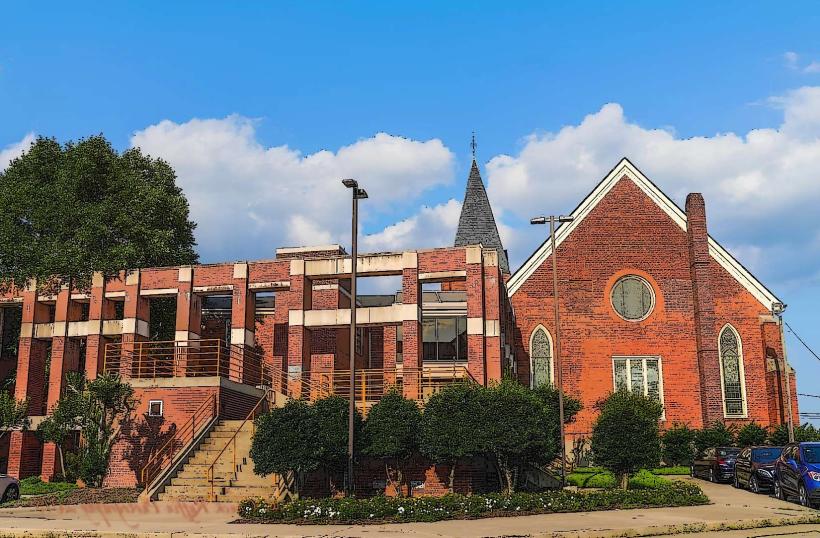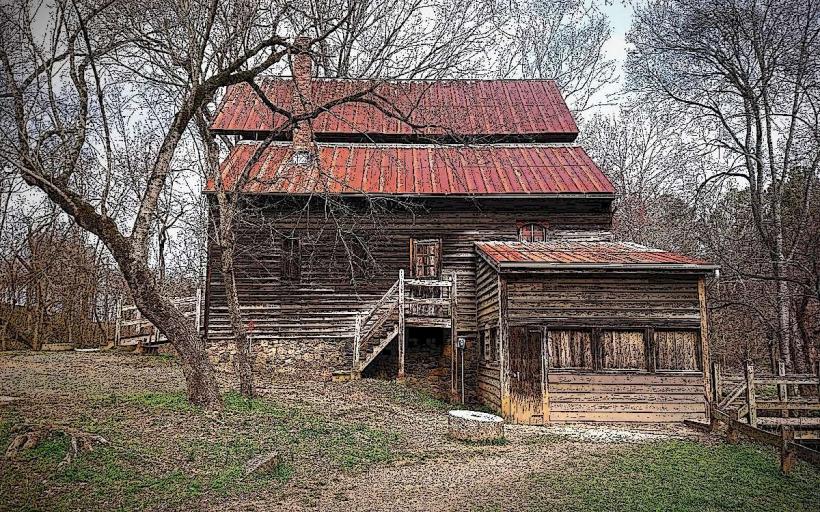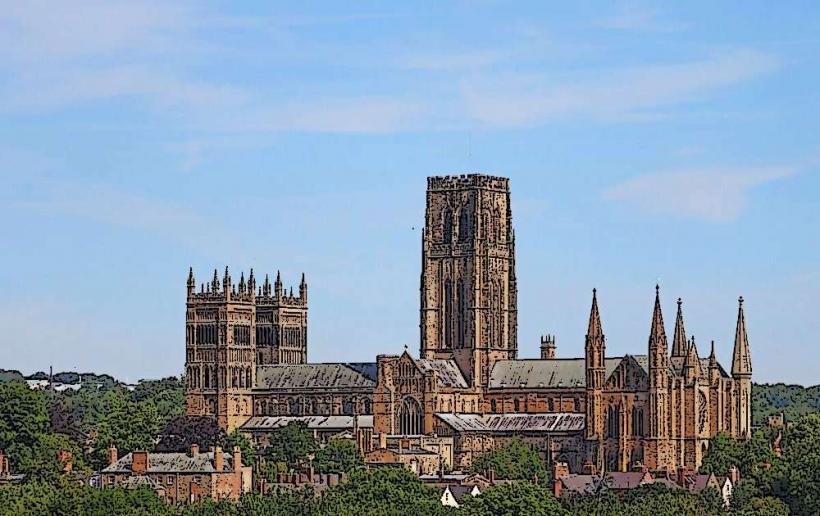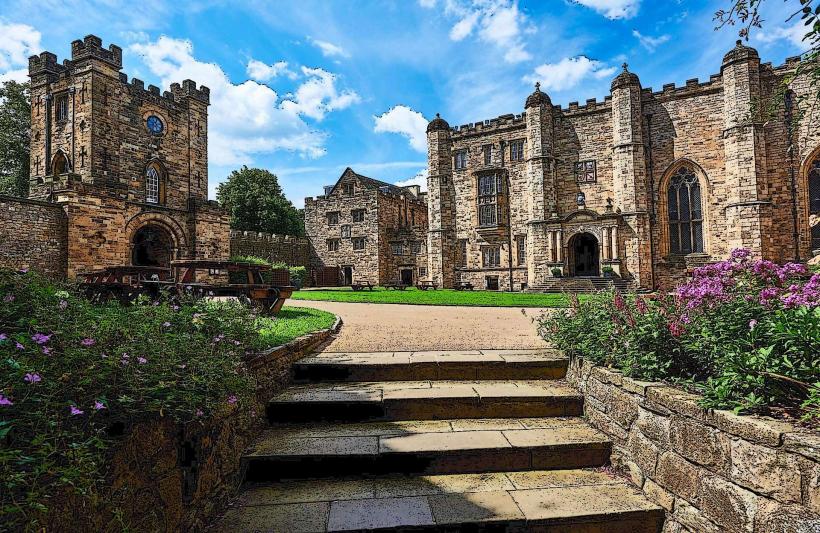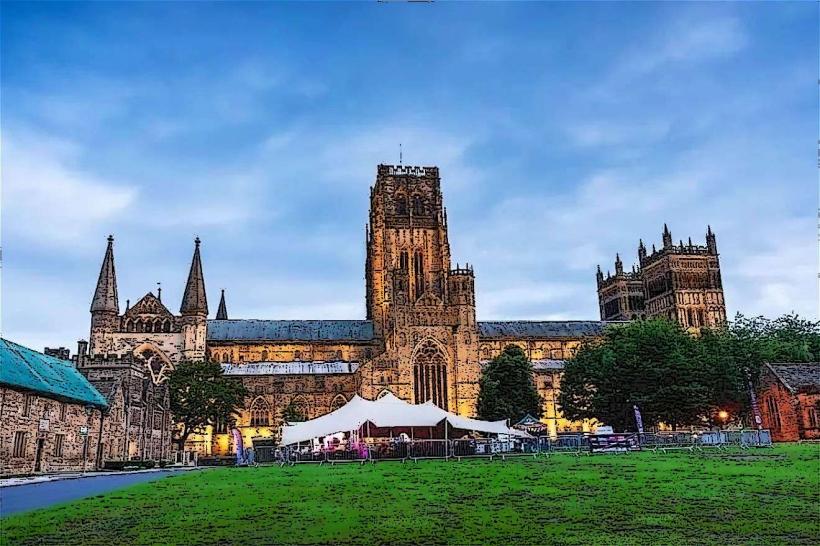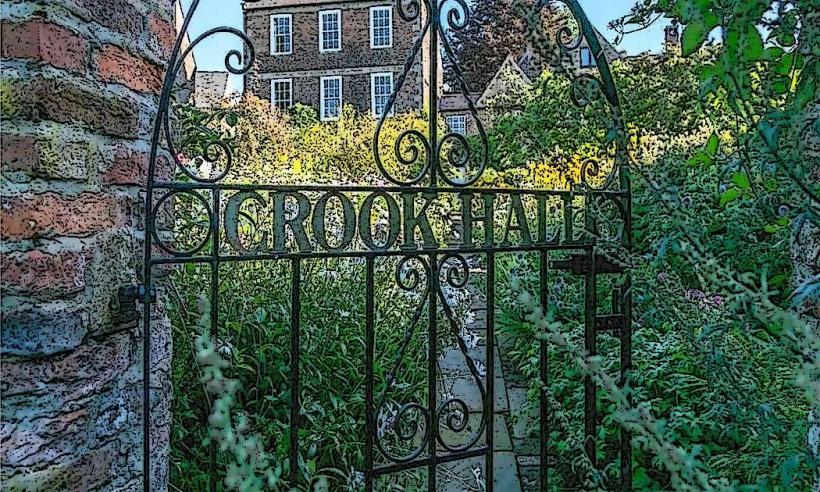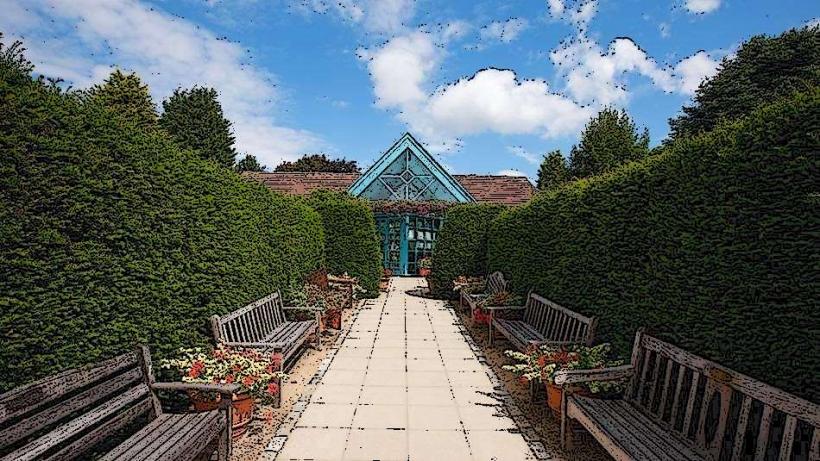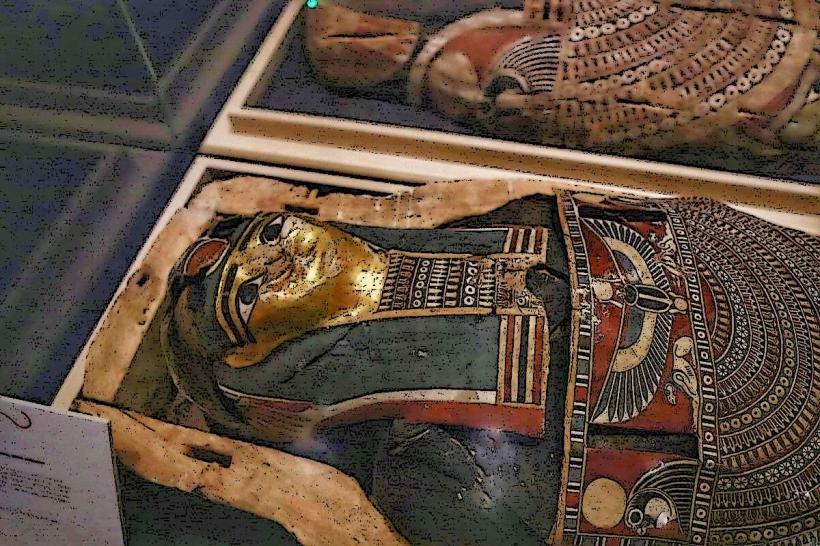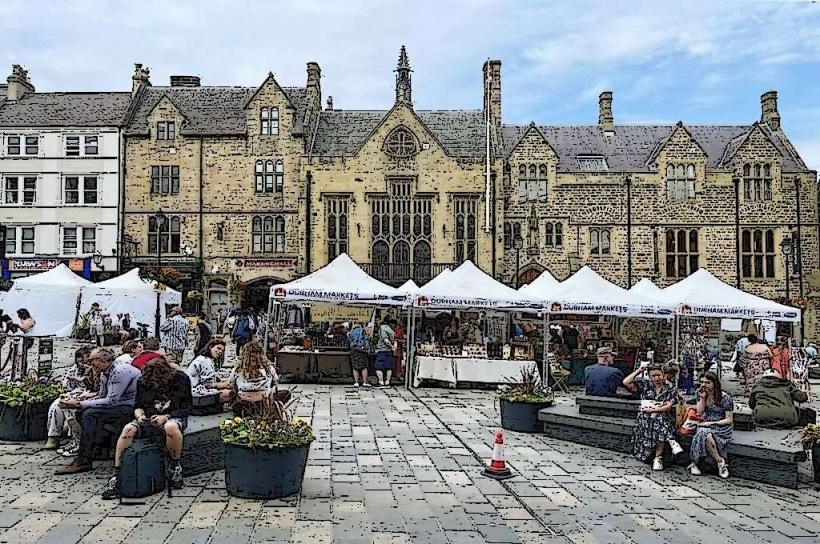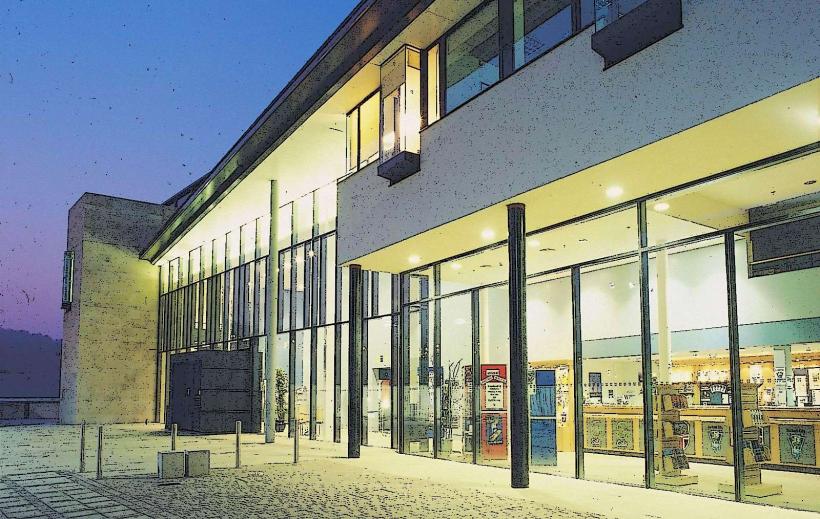Information
Landmark: American Tobacco Campus (ATC)City: Durham
Country: USA North Carolina
Continent: North America
American Tobacco Campus (ATC), Durham, USA North Carolina, North America
The American Tobacco Campus (ATC) is a mixed-use development located in Durham, North Carolina.
It occupies the former facilities of the American Tobacco Company.
Visual Characteristics
The campus comprises a collection of brick industrial buildings, primarily constructed between 1890 and 1950. The dominant material is red brick, with some structures featuring white trim and large, multi-paned windows. The buildings range from two to six stories in height. Architectural styles include Romanesque Revival and Industrial Vernacular. The site is bisected by the Durham Performing Arts Center plaza and the historic Lucky Strike water tower.
Location & Access Logistics
The ATC is situated south of downtown Durham, approximately 1.6 km (1 mile) from the central business district. Access is via Blackwell Street and East Pettigrew Street. Ample paid parking is available in designated garages and surface lots throughout the campus. Public transportation is accessible via the GoDurham bus system, with multiple routes serving the adjacent Durham Station transit hub, located 0.8 km (0.5 miles) North.
Historical & Ecological Origin
The American Tobacco Company began consolidating its operations at this site in the late 19th century, with significant expansion occurring in the early 20th century. The original purpose was the manufacturing and processing of tobacco products, most notably Lucky Strike cigarettes. The site represents a significant example of early 20th-century industrial architecture and urban industrial history in the American South.
Key Highlights & Activities
Visitors can walk the grounds and observe the preserved industrial architecture. The ATC hosts various retail shops, restaurants, and breweries. The Durham Performing Arts Center (DPAC) is located on-site, offering scheduled performances. The Durham Bulls Athletic Park, home to a minor league baseball team, is adjacent to the campus. Seasonal events and festivals are frequently held in the open plazas.
Infrastructure & Amenities
Restrooms are available within most retail and dining establishments. Shaded areas are provided by trees in the plazas and awnings at some businesses. Cell phone signal (4G/5G) is generally strong throughout the campus. Numerous food vendors and restaurants are present on-site.
Best Time to Visit
For photography of the brick architecture, early morning or late afternoon light provides optimal contrast. The best months for outdoor activities and events are April through October, when average temperatures are between 15°C (59°F) and 30°C (86°F). Weekends are busiest due to events and dining patronage.
Facts & Legends
The iconic Lucky Strike water tower, a prominent feature of the campus, was originally designed to hold water for fire suppression and industrial use. A local anecdote suggests that the tower's distinctive red color was chosen to be visible from miles away, acting as a landmark for workers returning to the factory.
Nearby Landmarks
- Durham Performing Arts Center (DPAC) - 0.1km North
- Durham Bulls Athletic Park - 0.2km North
- Durham Station - 0.8km North
- Museum of Life and Science - 2.5km Northwest
- Duke University - 3.0km West

